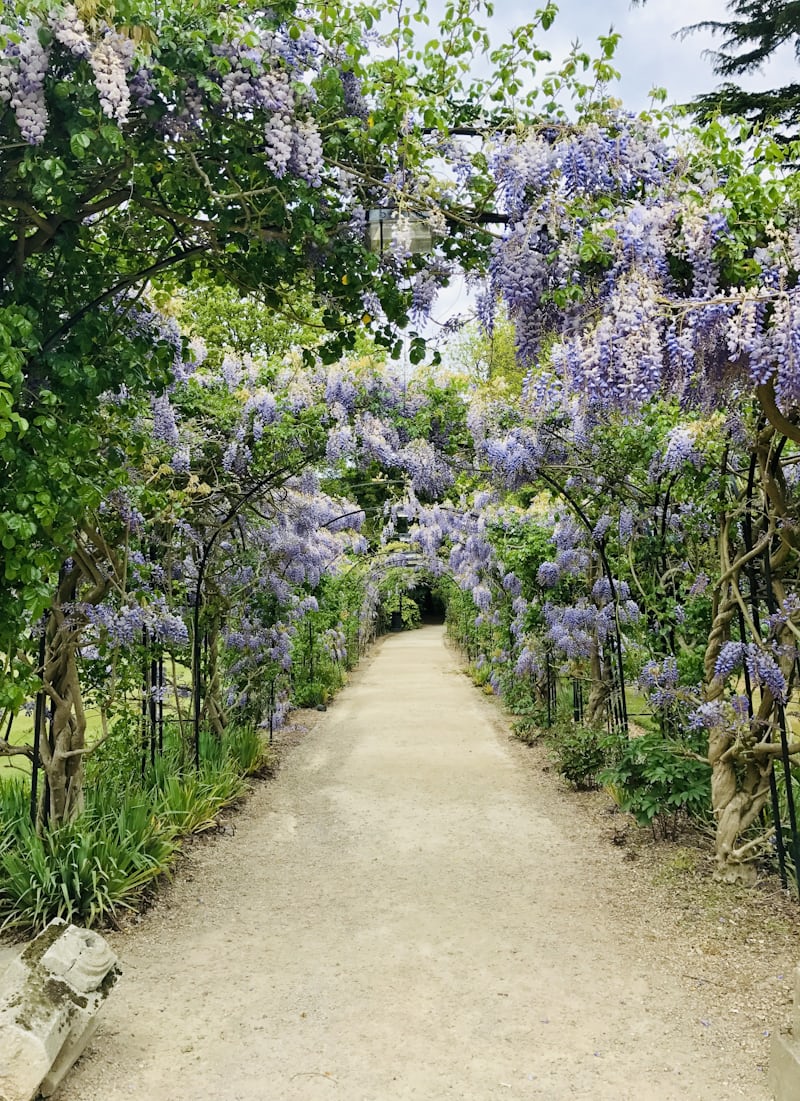1st Sunday of Lent (A)
Readings: Genesis 2: 7-9, 3: 1-7; Psalm 50 (51): 3-6, 12-14, 17; Romans 5: 12-19; Matthew 4:1-11
Pictures: Carlita Benazito & Ronan Furuta on Unsplash
My dear friends, what is the difference between care and control? I imagine that the parents of teenage children probably know best, from experience, what it’s like to grapple with this distinction. That although care and control can sometimes look very similar, they are actually as different as night and day. Our scriptures portray this difference in a particularly striking way, by presenting us with two contrasting places: the garden and the wilderness.
In the first reading, we’re told that, at the dawn of creation, God planted a garden, where God put the man he had fashioned. What makes this place a garden is the fact that it is cared for by God. And the reason God puts the man in the garden is so that he too can cultivate and take care of it (Gn 2:15 [JB]). But this plan is disrupted, and it’s important to see how this happens. What is the nature of the temptation to which the man and the woman succumb? What is so attractive about being like gods? After all, aren’t they already created in the image of God (Gn 1:27)? Don’t they already share in God’s work of caring for creation? Yet, for some mysterious reason, they’re not satisfied just to receive and to offer care. They want control. And as they worship the idol of control, their home is tragically changed into a wilderness.
In the gospel, at the dawn of his public ministry, the Word-of-God-Made-Flesh is led by the Spirit out into the wilderness to be tempted by the devil. And again it’s helpful to ponder the nature of these temptations. Notice how they are ever more obvious ways of seeking or flaunting control, culminating in a blatant demand for idolatrous worship. And notice also how, after Jesus dismisses the devil, angels appeared and looked after him. By his obedience, Jesus changes his surroundings from a wilderness of control, back into a garden of care.
So that, as the second reading reminds us, both Adam and Jesus offer us separate pathways from which to choose. Each leading to a different destination. Adam’s craving for control, leading to disobedience and sin, idolatry and banishment, versus Jesus’ exercise of care, leading to obedience and grace, right worship and closeness to God. And more than just external pathways, Adam and Jesus are also interior presences, or powers, that we each experience in our hearts and in our lives. One relentlessly driving us to cling anxiously to control. The other gently inviting us to trust, to submit and to share in the loving care of a merciful God.
All of which helps us to better understand the deeper meaning of this holy season of Lent. By entering together the wilderness of prayer, fasting and almsgiving, we seek to see more clearly, and to choose more wisely the places in which to live, the pathways along which to walk, and the presences from which to draw strength.
Sisters and brothers, how does God wish to transform our wildernesses of control back into gardens of care this Lent?



